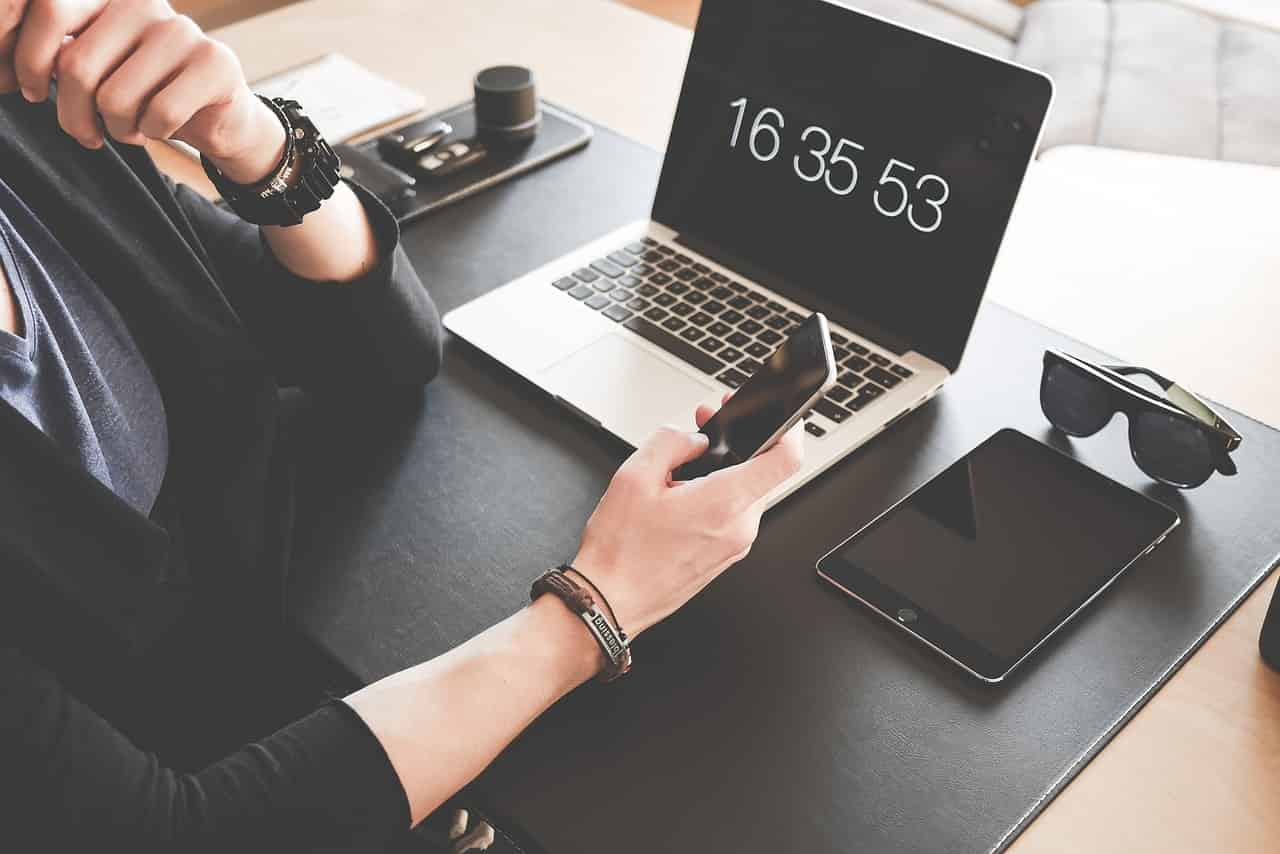It would be helpful to exercise four times a week. But it is not just jogging, high-intensity interval training. And do intermittent fasting. And drink two gallons of water a day. Remember to meditate.
If you’re not up at 4 a.m., you’re missing the most productive hours of the day. Have you been watching television? You could have used that time to read books. But not just popular books and novels. It will help if you read the classics by Seneca, Aurelius and Laozi.
The flaw in productivity is this. It’s the nagging feeling that you should do more. And if you can’t get it all done, you’re a slacker who will never achieve your goals.
What causes productivity guilt?
Listen to this article.
Blogs like this one contribute significantly to productivity guilt. Sorry.
Unfortunately, this is a side effect of offering tips and tricks. For some people, these tips will solve their problems. It will be too much for others, and they will feel guilty. As a writer, it’s hard to have the former without the latter.
Harsh advice is inspiring to some. Even easy suggestions can make others feel guilty. There’s no way to do one without the other.
How to avoid guilt
Fortunately, you have the power to avoid feeling guilty. Three steps will help you avoid feeling guilty about the productivity you may be feeling:
Accept that you will always be imperfect.
That’s okay. Everyone is imperfect. No one, not even me, does everything perfectly all the time.
I’ve been writing this blog for over thirteen years. There are over 1,200 posts, most of which offer tips or tricks. Combined, that’s too many things for anyone to do simultaneously, all the time.
I go through phases where my habits change. New ones are replacing old ideas that I used to write about. Only sometimes because the unknown is better than the old, but because I constantly evolve (as you will be). If you see, on the other hand, that everything I have written is a static and permanent part of who I am, when you add it all up, you will arrive at something unfathomable as a whole.
Of course, I’m sure only some people will see it that way. It’s just what one might naively expect if one were to go through my archive of over 1200 articles…
You can be someone other than your ideal self.
The first step is to realize that perfection is not practical. The second step is to recognise that it is not even desirable.
Usually, a board is a direction, not a destination. Moving from where you are now to the order it indicates is likely to produce benefits. But taking everything to the extreme or a logical conclusion could be better.
Sometimes this can happen simply by accumulating a lot of good individual advice that, if taken too far and too often, can start to have drawbacks. Consider the list of legal advice at the beginning of this article. Each tip, in and of itself, is good. But all of them, even if you could execute them, would leave very little time and energy in the day for the mundane but essential things.
Other times, the perfect picture can be detrimental because while a marginal change in one direction is helpful, a total change in that direction is not. Spending less time on social media and communication platforms is a good thing. But if you had no contact, it could create more social interference than productivity.
Social media is one possible example. Many other voices are better in moderation, but moderation is hard.
Your starting point is always here.
The natural source of guilt, however, is not that the standards imposed are too unrealistic or undesirable but because there is always a gap between how we see ourselves and how we would like to be.
The right thing to do is always the one that pushes you a little but takes your current situation as a starting point. This also includes your psychological strengths and weaknesses.
I recently had an exchange on Twitter with a few people who want to learn something new but keep putting it off. You can see the guilt they feel about not being able to progress.
But that’s the wrong way to look at it. Yes, it would be nice if we were perfect beings with infinite discipline, time, freedom, resources and intelligence. But we are not. We always start as imperfect people, trying to make things a little better for ourselves.
The question is never, “What should I do to solve this problem?” Instead, the question is always, “How could I do things differently than last time to get better results?”
Productivity is good; productivity guilt is terrible.
Trying to improve is a good thing. But too much guilt doesn’t help you do it. If you’ve been feeling a lot of responsibility lately, here are some steps you can take:
Pick a few goals to work on (maybe just one) and tell yourself it’s okay not to work on other things.
Stop comparing yourself to others. Those people you admire also have flaws that they don’t reveal. Strive to improve yourself, and don’t feel guilty because you can’t see yourself reaching someone else’s standards.
Separate the excellent things from the essential things. Most advice is friendly to receive – it helps, but only a little. If you can focus on the vital things that matter to your few goals, you can stop feeling guilty about everything else.










